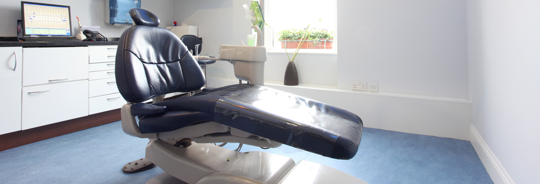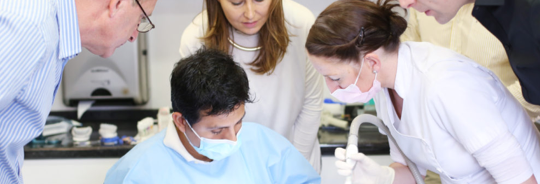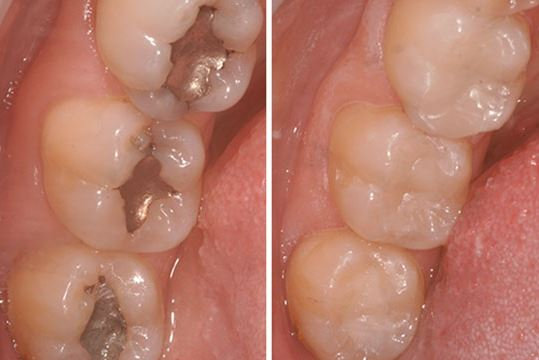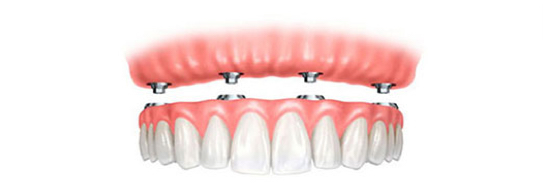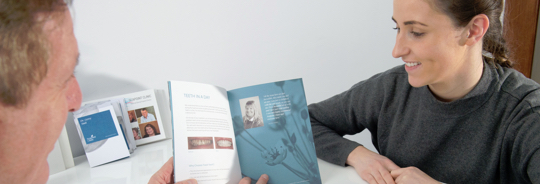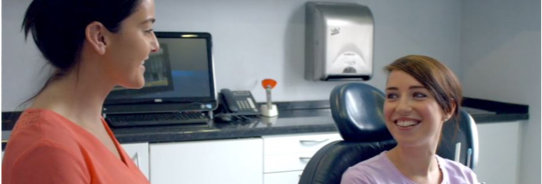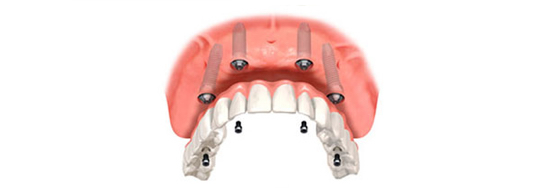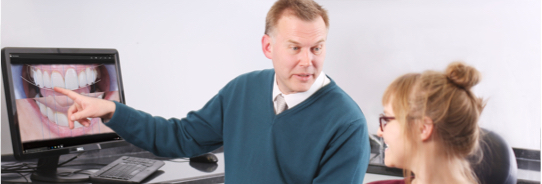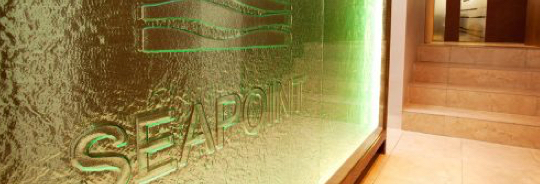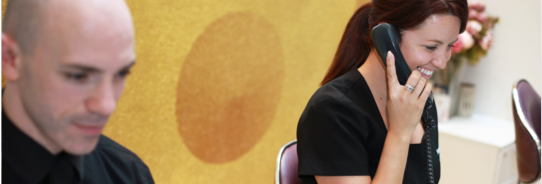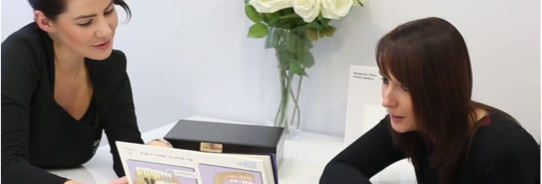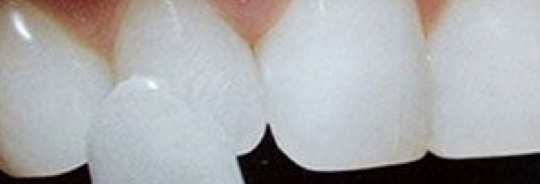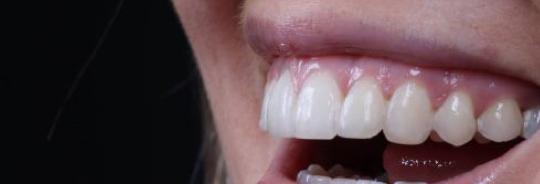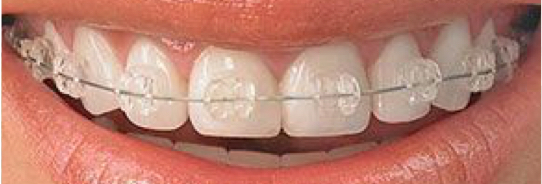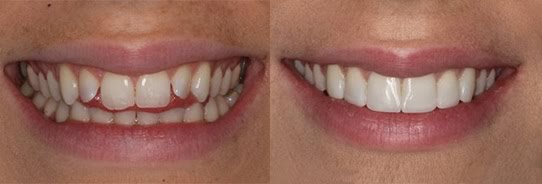
Blog
We post all the latest information here regularly so it's always up to date for you. If there is a topic you would like to have us cover please ask.
4 March 2013
Tips to overcome your fear of dentists

Regular dental checks are important for everyone. It not only safeguards the health of your teeth but is also important for your overall heath. It is very common for people to avoid a regular check up because they are afraid of the dentist. It is often a bad childhood experience or fears passed on to us by a parent that affect the way we perceive the dentist. But dentists today have a wide range of treatments and are better trained to make the whole experience far less frightening
Here are some tips to overcome your fear and be able to visit the dentist on a regular basis:
- Finding a sympathetic dentist is the first and most important step. Many specialise in nervous patients. Ask around and call a few to discuss your fears. See if the dentist will meet you without undertaking a check up. It is a good sign for the future if they are happy to go slowly.
- If a surgery has television or radio in the treatment room this can be a great distraction for the patient. Taking music or a book to listen to can be just as helpful.
- When you first visit the dentist for a check up take a friend with you and plan a special treat afterwards.
- Breathing deeply from your stomach has a calming effect and you can practice this at home before you go.
- Picking an early morning appointment gives you less time to dwell on your fear and less chance to back out.
- An initial check up will consist of an examination and perhaps some x-rays. This will be enough to start with. If you require further treatment, ask to have a teeth cleaning first to get used to the idea of someone working on your teeth in a low stress situation.
- If you need further treatment such as a filling, then talk to your dentist about the various methods used to numb the area where they will work. If you are afraid of injections then there may be other ways to numb the pain. Many surgeries now have a system called the dental wand, which is a computerized injection system that resembles a pen and delivers the anaesthetic in a slow and painless way. If an injection is necessary, numbing gels work well to numb the skin so you do not feel the needle.
- In extreme cases a mild sedative can calm you enough to be able to have the treatment. This can be given intravenously or by simple inhalation. You may be referred to a special clinic if this becomes necessary.
- As the treatment progresses your dentist will be able to stop and give you a break at any time if you ask him to with a hand signal. It can help you stay calm if you feel you can control the pace at which the dentist works.
- In extreme cases your fears can be addressed with a good psychologist or counselor, your dentist may have referrals he can make so don’t be afraid to ask if you find you are still struggling with your fear


